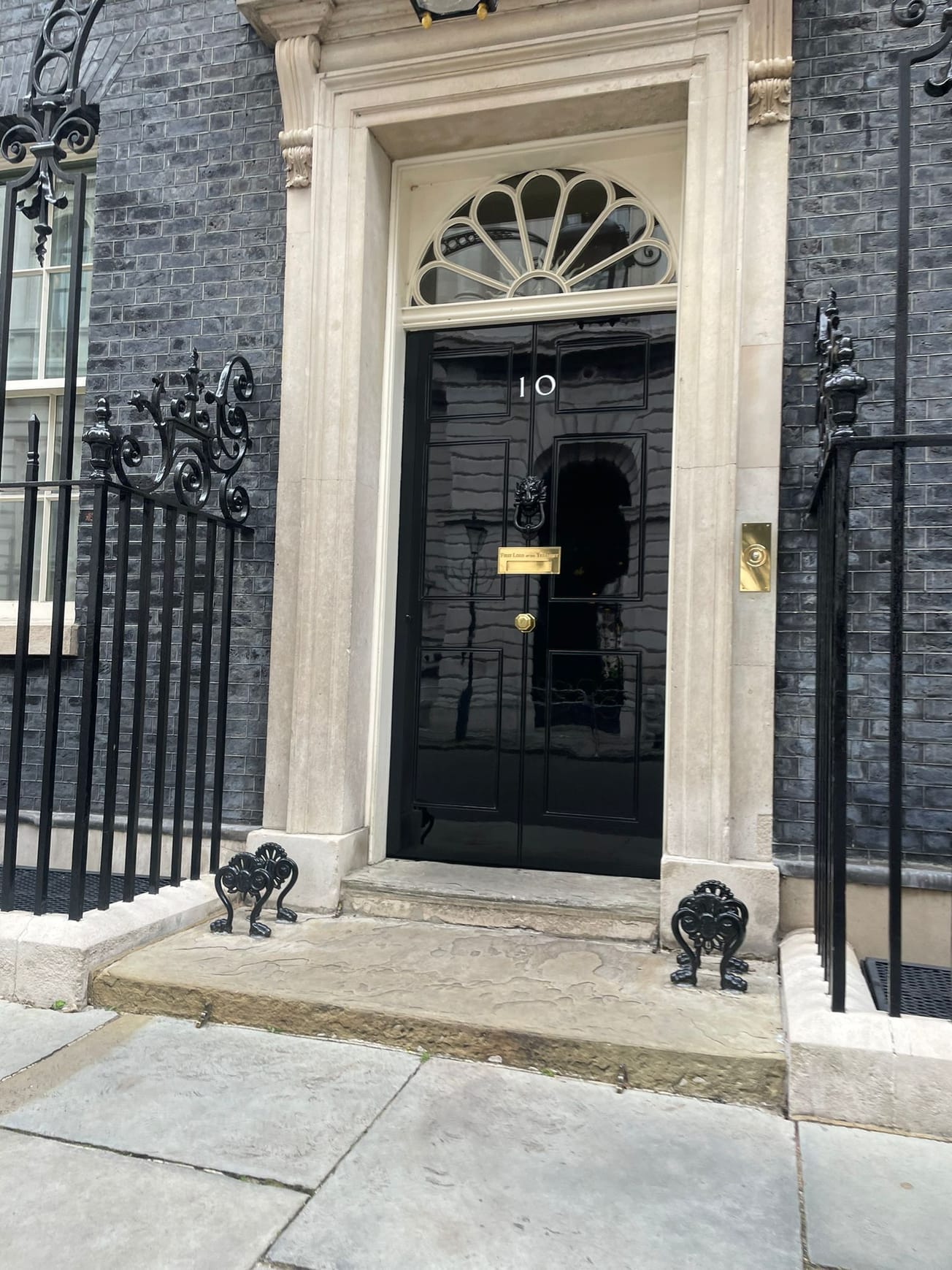By Ellen Jones, Second Year, Politics and International Relations
For many, a discussion of politics is something of an unwelcome guest at the family dinner table, or with friends at the pub; there are few topics that people fear might sour the atmosphere quite like it, and the political elephant in the room is never so large than in the build-up to a general election. Therefore, it won't be long until the electorate takes to the polling stations to have their say on the state of British politics - so why do we tend to be more reluctant to have our say on issues of politics when we’re amongst those closest to us?
Understandably, politics can be a touchy subject. Our political beliefs tend to reflect those values which define us as individuals, and so the risk of expressing them with our families and friends and discovering that their perspectives differ from our own might compel us to avoid the subject.
This played out most starkly regarding the Brexit referendum of 2016. The fault lines that divided people into ‘Brexiteers’ or ‘Remainers’ often ran through families and friendship groups and are still felt by many even after Britain’s exit from the European Union. As such, we might simply desire to stick to nicer, less contentious topics of conversation, where the stakes are lower. Yet, a discussion of politics, even between friends with conflicting views, doesn’t have to be an argument; rather, it can be a vital and enriching part of participating in our democracy.

As with any subject, talking about politics allows us to improve our understanding of it—of the facts of the current political landscape, but also of our political positions. Within a healthy debate, having to express why we hold the beliefs we do allows us to have our views confirmed and strengthened for us, or else challenged by another perspective, which might frame an issue in a way we hadn’t previously considered. Particularly in an age where it’s easier than ever for political misinformation to be circulated under the guise of fact; both Labour leader Kier Starmer and Mayor of London Sadiq Khan having been targeted last year by inflammatory, AI-generated ‘deepfake’ audios impersonating them.
If we avoid talking to others about the political content we consume, we can fall into an ‘echo chamber’, wherein the only perspectives we engage with are those that reflect and reinforce the opinions we already hold. Regularly fed by online algorithms which generate endless reams of similar content for any piece of media we interact with, many have their political opinions unexposed to viable scrutiny. Therefore, it becomes harder to develop a well-rounded, empathic view of it.
However, talking about politics with those around us may not result in a consensus being reached by the end, this isn’t necessarily a bad thing. The likelihood will be that both parties will come away with more knowledge on the subject than they entered the conversation with.
Furthermore, while the minor discrepancies between our politics, and those of our loved ones, might for many, seem too trivial to justify a disagreement over, it shouldn’t be downplayed that our political values are (broadly speaking) a manifestation of our more deeply held beliefs surrounding morality, justice, and what we owe to one another as human beings. We might be able to maintain a friendship over a divide in electoral politics—but the expectation that we are always able to dismiss fundamental conflicts of opinion as ‘just politics’ is at best naïve, and at worst an indication of the privilege required to be able to do so. For the most vulnerable groups in our society, the comfort provided by simply not talking about politics is undermined by the reality that it is often their rights, and their security, that are being challenged by the political debates in question.

Ultimately, nobody casts their vote within a vacuum. Though the decisions made by voters at the next general election will be made in the privacy of the voting booth, democratic politics is a communal activity at its heart, which reaches every corner of our everyday lives. Even though our faith in the government has dwindled over the past forty years, our distaste for politics as a conversational taboo, should not prevent us from acknowledging its presence. Talking about politics can make us better at politics, and a reluctance to introduce it into our everyday discussions does little to alter the fact that it’s inevitably, in some form or another, already there.
Feature Image: Element5 Digital / Unsplash








